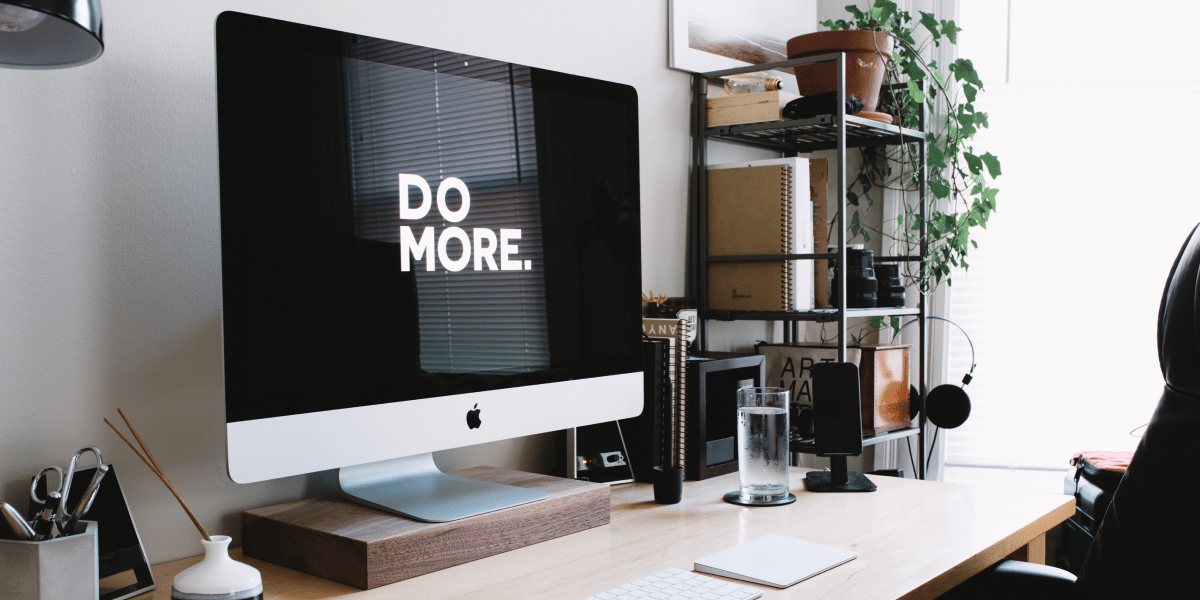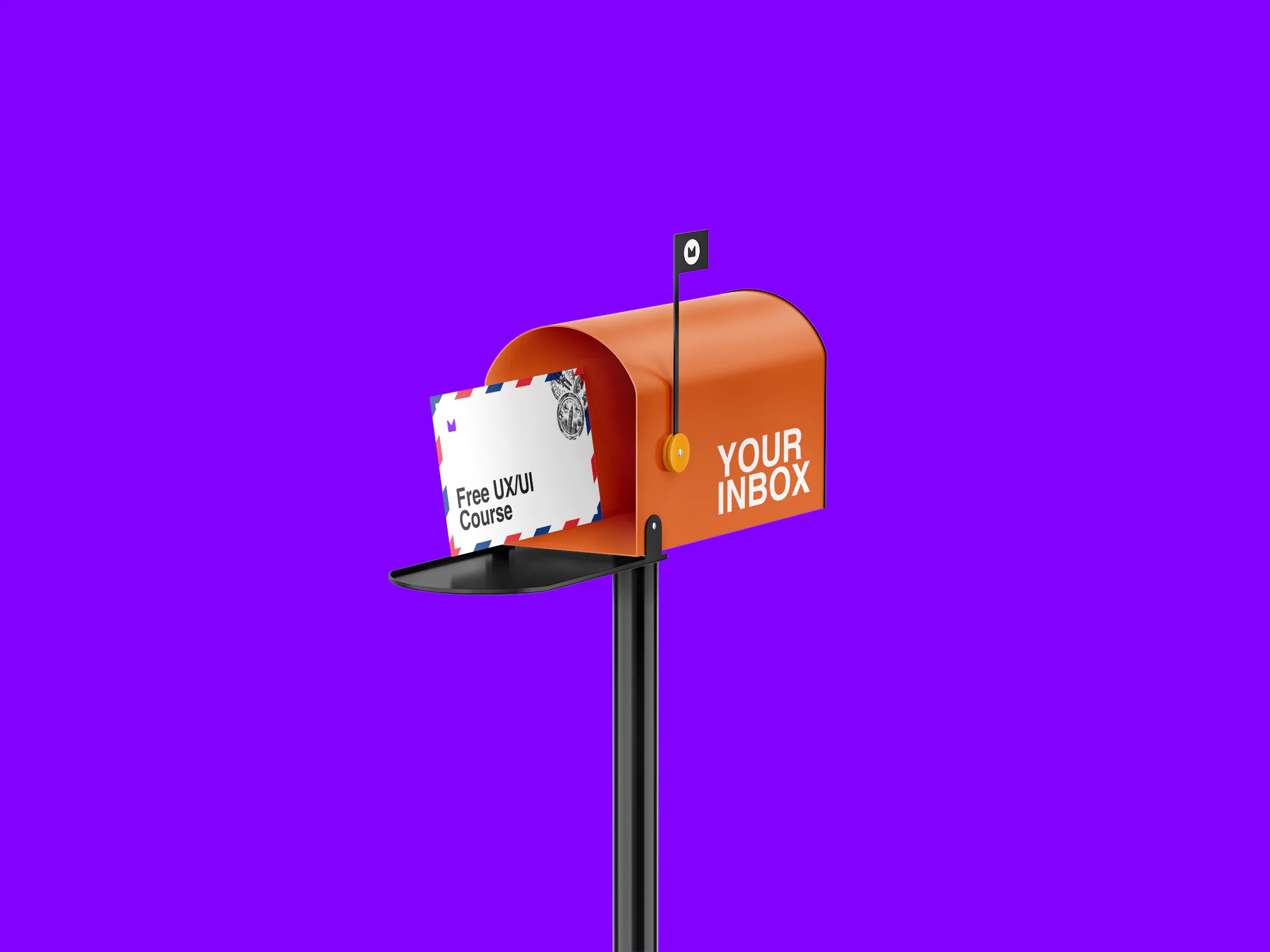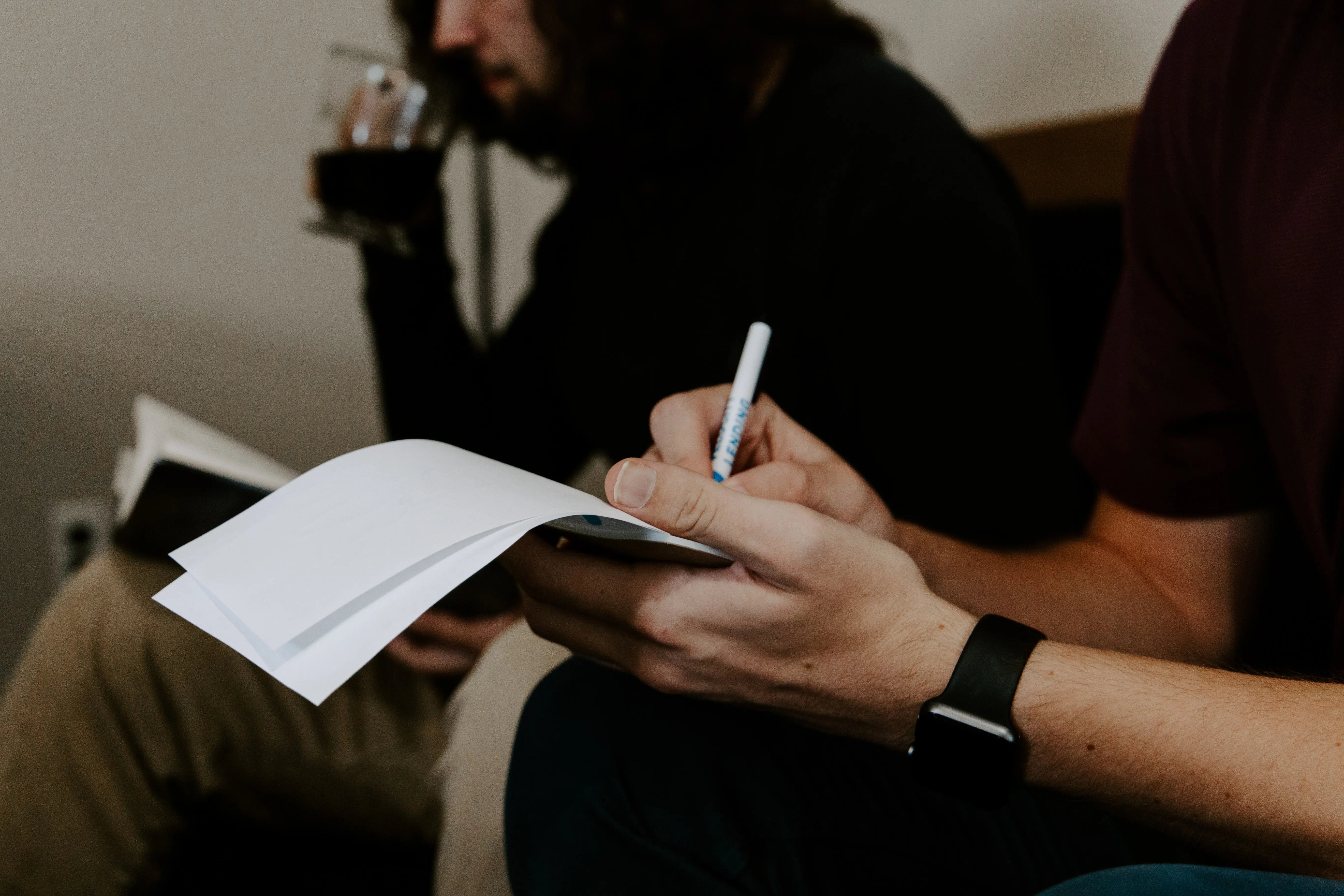

Get a Free UX/UI Course in Your Inbox Every Day for 15 Days
By the end of this three-week crash course, you'll have a much better understanding of the tech industry, the design craft, and all the knowledge you need to start building your career.

Get a Free UX/UI Course in Your Inbox Every Day for 15 Days
By the end of this three-week crash course, you'll have a much better understanding of the tech industry, the design craft, and all the knowledge you need to start building your career.

Design students and Designers face a unique set of challenges when it comes to productivity. From deadlines to creative blocks, staying efficient can be a tricky task. Luckily, there are a variety of tools and tips that can help you skyrocket your productivity. From organizing your work to taking regular breaks, this guide will provide you with the knowledge and resources you need to become more productive. With these tips and tools, you'll be able to maximize your efficiency and get more done in less time.
"Out of sight, out of mind" goes an old saying. From the assignment you've been postponing to that gathering or birthday celebration, our world is full of events. It gets increasingly difficult to manage if we try to remember anything.
What helped me keep track of all my Design Bootcamp assignments and meetings, as well as my full-time job commitments and social life, was making sure I added everything possible to my calendar. This offered me a realistic picture of the time I have available to study and work on my Design career. At the end of the week, I would have a clear picture that would allow me to accurately plan for the next without overpromising.
Doing this also came with an element of motivation through scarcity. Having a clear, realistic picture made me see time as a valuable and scarce resource, thus encouraging me to procrastinate less and roll up my sleeves.
Any calendar will do the trick, so it's up to you, your preferences, or your operating system. One calendar I started using recently is Cron. I love its Design, but I started using it mainly based on two features: bringing together all my Google calendar accounts (i have 3 I use daily) and sharing availabilities on the spot.
However, Cron is still a new platform to explore, but you can sign up for their waiting list to try it. On top, it's only available for Mac users for now.
Speaking of sharing availabilities, I use Calendly to schedule meetings, user interviews or testing sessions, and generally everything. Setting up a profile is easy, the link you share looks professional, and it can help you in various contexts, no matter the stage of your career.

I am afraid to track all the time wasted searching through documents and files in various sources, looking for links only to find out that the content has been moved, or losing sight of great ideas due to lack of proper storage. A lot of valuable time is wasted on this, whether you are learning or already in a role.
The UX industry is constantly evolving, and with it, the tools and services available to maximize productivity and keep track of information on multiple fronts.
Notion is one such service that has been making waves in the industry and has become a holy grail among Designers. A cloud-based application with cool Design, it has a wide array of features that have helped me organize my work and collaborate with others. I use it to store and organize my data, collaborate with colleagues, track tasks, manage personal and professional projects, and more.
Another tool I found valuable and used in my second client project was Confluence. This one comes with the added advantage that it can integrate Jira, which is commonly used by software development teams. This streamlines collaboration without forcing all the teams involved in a project to use multiple tools. Albeit, the UI could be more friendly than Notion's, but that is a personal opinion. The tool is intuitive and can provide the same set of features as Notion.
Let's assume you have your calendar situation all figured out, as well as your go-to documentation tool. You set your phone on do not disturb mode and start working. But suddenly, you realize you forgot what you discussed with the team the other day. Or that insight your colleague gave you while having a coffee. You also stumbled upon an article a couple of days ago, but you need help locating it now. Sounds familiar?
We all get randomly inspired during the night, while we commute, or while in a meeting, but more than 70% of that inspiration gets lost because we don't write it down as it strikes us. The percentage is invented, of course, but you can't argue that's not relatable.
What helped me manage this situation was getting into a habit of writing down questions and ideas as they happened or as soon as possible. If I don't need to act on them, I store them somewhere to address them later properly. This has done wonders for me.
Regarding the tools, the embedded Notes app on your phone is highly underrated. You have your phone with you at all times.
If you fancy a more visual tool, I used MyMind. You create an account and dump ideas, articles, or videos to retrieve them later. I return to them weekly when I need to create content. Other similar tools are Visualist and Pocket. It's up to you!
Writing down things as they happened helped me cut in half the time necessary to write articles, develop an agenda for a meeting, or figure out my to-do list for the next day, which brings me to another point.

Storing data, questions, or materials is not enough if we let them fall into oblivion and don't leverage their content. That's why I got into the habit of reflecting each week and reviewing everything that went well or wrong.
On Friday or Sunday, I usually think about what I achieved during the week, what I've learned, and what I can improve. I started writing down my reflections, which later turned into articles, and sharing my knowledge.
I go into my notes or materials I've gathered in one of the tools mentioned above, identify patterns and strengths and figure out either a 1:1 agenda or a topic for my article (sometimes both).
I discovered the importance of self-reflection early in my career, and it has done wonders. By reflecting on my work, I identified patterns in my behavior and work habits that may hinder my productivity or prevent me from reaching my full potential. I can use self-awareness to make adjustments and improve my performance going forward.
Additionally, self-reflection helps you set goals for the upcoming week, thus saving a lot of time. By reflecting on the past week, you can identify areas where you want to focus your efforts and set specific goals to achieve your objectives.
Sometimes, we can rely on something other than expensive or popular tools to be productive. One of the best productivity apps one can use is the Airplane mode on your phone. Or setting up focus time. Even though it seems like a small thing, not being interrupted constantly by notifications can help your productivity.
Another thing that has done the trick for me is closing all my open tabs. Yes, you heard that right. I often ended up starting an article or working on some screens, only to end up on YouTube watching the latest Figma tutorial.
My friends sometimes say I am obsessed with cleaning. And I have a good reason why—having a clear desk and a generally minimalistic working environment has done wonders for my mood, making me productive and usually feeling well about my work. A clean and organized workspace can help promote a sense of calm and focus, allowing me to concentrate better on my work.
All in all, don't underestimate the impact of having as few distractions as possible. It's a simple but powerful step that can make a big difference in a Designer's workday.
Being productive as a designer requires a combination of the right mindset, tools, and techniques. By managing your time effectively, practicing self-awareness, and using the right tools, you can improve your productivity and achieve more in less time. Also, remember to take breaks and celebrate small victories from time to time. With the tips and tools outlined in this article, you will be well on your way to skyrocketing your productivity and becoming a better Designer in no time.